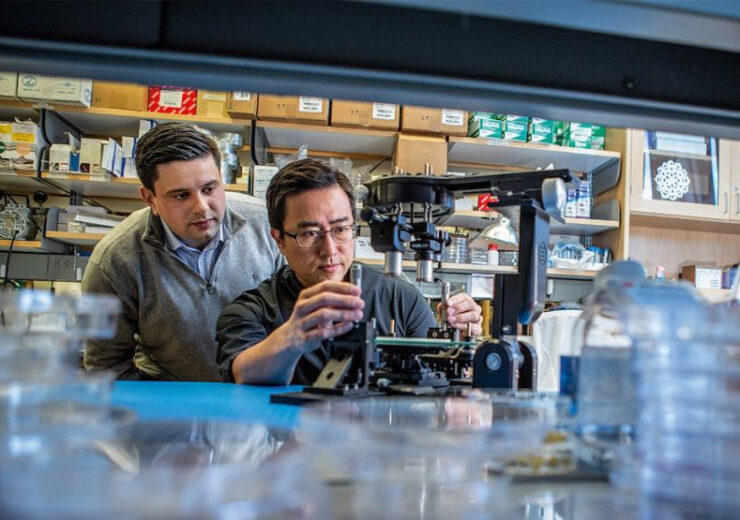The company has designed an AI stack to detect new therapeutic targets and forecast responses of patients to new drugs by testing them directly on human organ tissues cultivated in the laboratory

Vivodyne is engaged in discovering and developing more effective drugs by testing them on lab-cultivated human organs. (Credit: Penn Engineering)
US-based biotechnology start-up Vivodyne has raised $38m in a seed financing round to advance its discovery pipeline and develop lab-grown human organs for use in drug testing.
The funding round was led by Khosla Ventures. It also saw the participation of Kairos Ventures, MBX Capital, CS Ventures, and Bison Ventures.
Vivodyne will use the proceeds to propel its discovery pipeline and enhance its clinically predictive artificial intelligence (AI) stack.
The stack has been designed to detect new therapeutic targets and forecast responses of patients to new drugs by testing them directly on human organ tissues grown in the laboratory.
Vivodyne claims to have bioengineered more than 20 distinct types of human organ tissues that can replicate native human physiology and functions.
According to the biotech start-up, these tissues accurately capture how the new therapeutics work and predict patient outcomes at the cellular, tissue, organ, and systemic levels.
The drug development process used by the firm is expected to generate patient-level human results prior to the drug testing in clinical trials.
With the use of robotic automation, the company’s platform is said to have the capability to grow, dose, and examine over 10,000 distinct human tissues at once. This enables the creation of human datasets that will drive the development of the next wave of human-trained AI for drug discovery, said the company.
Vivodyne CEO and co-founder Andrei Georgescu said: “We’re thrilled to have Khosla Ventures lead this funding round, which accelerates the development of our AI platform that enables the generation of predictive human data before therapeutics enter clinical trials.
“By combining the principles of organoids and organs-on-chips, we’ve created a new class of lifelike, lab-grown human organs.
“We use these lab-grown human test subjects to discover and develop new therapies for human diseases.”
Vivodyne stated that it has designed and enhanced several therapeutic modalities, including small molecules, biologics, mRNA-bearing lipid nanoparticles, and cell therapies, by using its AI platform.
Khosla Ventures partner Alex Morgan said: “Vivodyne’s technology bridges the gap between preclinical R&D and human clinical trials, while automating every step of the testing pipeline, from growing tissues, dosing, sampling and imaging, to analysing data.
“The ability to screen and develop new potential lifesaving therapies, testing thousands at a time on functionally realistic human tissues on Vivodyne’s automated platform, is a major step forward for the pharmaceutical industry.”
